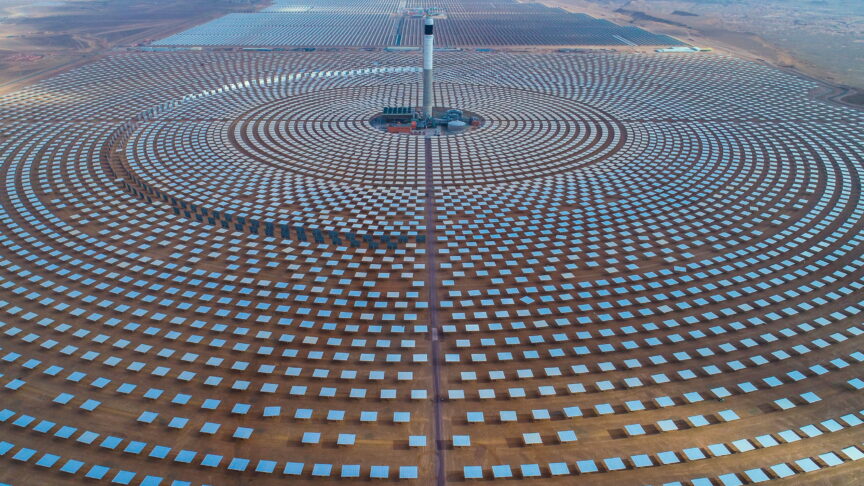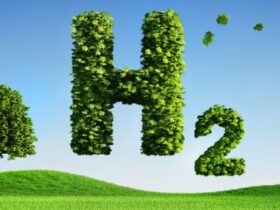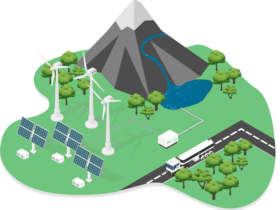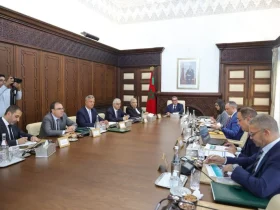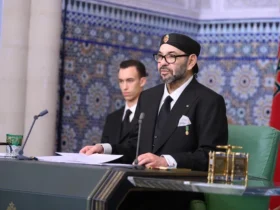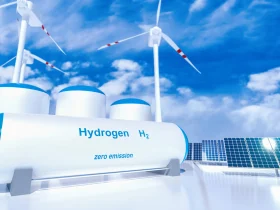In order to meet the objectives of international agreements (notably the Paris Agreement), a profound transformation of the world’s energy system is required. transformation of the global energy system.
In this respect, public authorities public authorities, companies, energy organizations and research institutes are investigating the research institutes are exploring the potential of green hydrogen as a means of achieving Net Zero targets for carbon dioxide (CO2 ) emissions from the energy sector.
Morocco is determined to raise its energy security to a strategic and sovereign level, using all the possibilities its positioning and potential. Indeed, the Kingdom’s new development model Kingdom’s new development model calls for accelerating its supply of competitive, low-carbon energy to society, as well as to the service and industrial sectors.
Oil, gas, coal and electricity prices have never been so high, due to the strong rebound caused by an exceptionally rapid global economic recovery, combined with the consequences of the war in Ukraine. Thus, the volatility of crude oil prices and the growth in emissions from industrial activities and transport require the development of new types of fuel to replace those derived from crude oil.
Against this backdrop, the development of clean hydrogen is currently gaining momentum on the academic, political and commercial fronts, reflected in the multiplication of policies and projects worldwide.
Several serious studies converge on the fact that decarbonized hydrogen will be one of the greatest revolutions of our century. Indeed, it is needed to decarbonize the industrial sector, to develop and deploy zero-emission mobility solutions, to store energy and to compensate for the intermittent nature of renewable energies.
A context of convergence between renewable resources and technological know-how argues for the development of a Hydrogen industry in Morocco, in close connection with Europe.
Rational and efficient implementation of this sector requires ongoing interaction with the international scientific community, in order to benefit from the latest innovations and make course corrections whenever necessary.
Academic platforms are invited to interact, particularly in a North-South context, to benefit from complementarities in terms of resources and make comparisons relative to their environment, to the benefit of the training of researchers and technical staff in the field in question.



